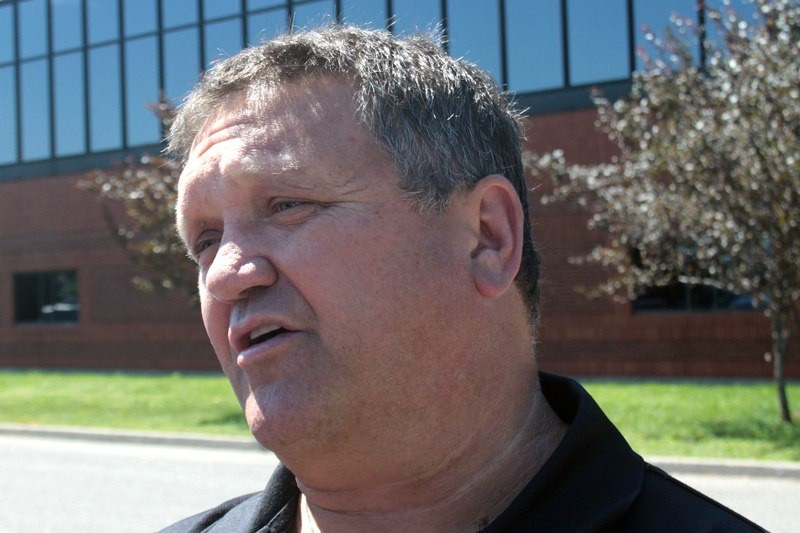THUNDER BAY -- First responders aren't immune to the trauma they see.
As early as just five years ago there wasn't the support there is today for fire fighters, police officers and paramedics to deal with the calls they respond to like Monday's homicide that left an eight-year-old girl dead.
"Monday was terrible," Superior North EMS chief Norm Gale said. "This was a difficult call. The very circumstances, a child involved, is particularly difficult.
"It's not normal to see some of the things that they see."
While Gale couldn't comment on the specifics of that day, paramedics on scene have been offered counselling and the Superior North EMS has even designed its new headquarters to try and help deal with the aftermath of difficult calls to try and keep staff mentally healthy.
"It's no different than being physically fit," Gale said.
A traumatic scene could have a severe impact on a first responder just days after the incident. But for some, as Thunder Bay Police Association president Greg Stephenson explains, the burden could mentally suffocate an officers two decades from now.
Stephenson still remembers every moment of a call he responded to 17 years ago involving an infant.
"Every officer handles it in a different way," Stephenson said.
Post-traumatic stress disorder is a big issue for the force and the department is doing the best it can to help officers.
Stephenson said he offers condolences to the families of all victims of homicide in the city. A child makes it more difficult, imagining all the potential she had.
"A lot of us have young kids at home so it affects people probably more," he said.
